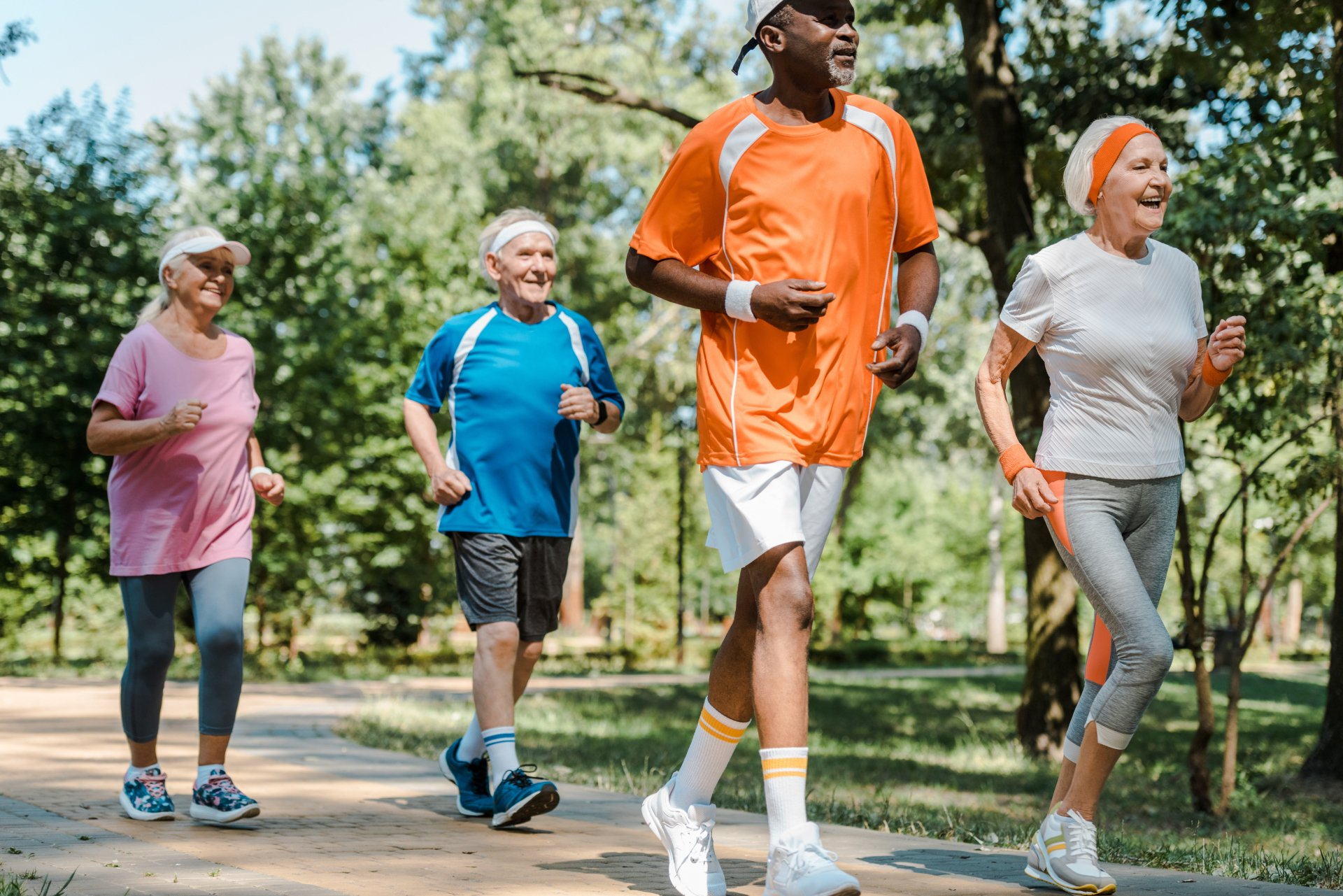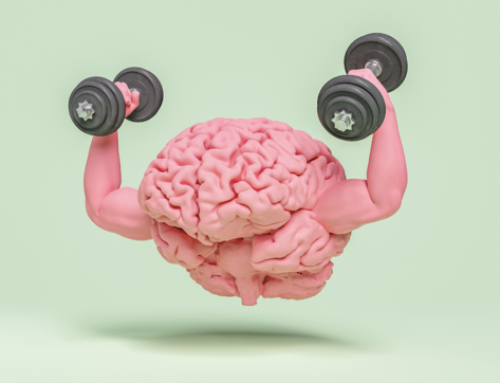Questioning the link between HIIT and Alzheimer’s disease
A trip to the gym may still be off the table for you or your family, however staying active during the COVID-19 health crisis is a sure-fire way to keep your heart and brain happy. This is especially true for those suffering from Mild Cognitive Impairment (MCI) or Alzheimer’s disease. While it is often believed that dietary supplements can prevent mental illness and cognitive decline, research shows that exercise, particularly high-intensity interval training, may be a more effective measure for those 65 and older.
After age 65, research shows that the risk of developing a form of dementia doubles approximately every five years. In fact, an article published in the Applied Physiology, Nutrition and Metabolism medical journal argues that high-intensity interval training improves memory by up to 60 percent for those ages 60 and above.
What is high-intensity interval training?
No, it’s not a medical procedure or scientific experiment. High-intensity interval training, also known as HIIT, is a group of short and intense cardio exercises strung together by periods of brief recovery. One of the most common forms of this type of workout is CrossFit. This is not to say that we expect you to leap off the couch and start training to run a marathon. It is our hope to encourage you to get moving! It could be as simple as cycles of brisk walking around the neighborhood, followed by a slower recovery pace, however exercise could improve your cognitive function.
What are the benefits of HIIT?
Researchers say that two minutes of high-intensity exercise is equivalent to 30 minutes of moderate exercise. It’s believed that high-intensity training can improve the amount of oxygen your body uses as well as the amount of blood your heart can pump by with each beat. The percent of improvement is dependent on the level of fitness at the beginning of the training.
How does HIIT improve brain health?
The rigorous exercise increases the brain-derived neurotrophic factor, also known as BDNF, which is protein that aids in learning and memory. This increase of BDNF is linked to improvements in memory and cognitive function. The equation is simple: lower brain-derived neurotrophic factor = increased risk of cognitive decline or impairment. In order to yield the BDNF benefits of HIIT, you’ve got to stay consistent.
What types of exercises can I do?
Whether you’re working out at a gym or at home, high-intensity training doesn’t have to be Olympic style lifting. We recommend that you do only what you feel comfortable doing and keep water close by. We also suggest having a timer or stopwatch handy.
We’ve selected a few movements that are tailored for senior adults. Remember to include a rest period of at least 30 seconds between exercises.
With a caregiver or workout partner, try your hand at HIIT with the following exercises:
- Marching in place
- Squats
- Arm curls (with or without dumbbell weights)
- Side steps
- Standing hamstring curls (alternating legs)
- Tricep kickbacks
- Lunges
Is exercise the only defense against Alzheimer’s disease?
If high-intensity training can help defend against, or slow, Alzheimer’s disease, perhaps you should give it a try. If working out isn’t your thing, that’s okay too. We strive everyday at Columbus Memory Center to find a cure for Alzheimer’s disease by taking part in FDA approved clinical trials. Our center is home to the vital sign for brain health, the Memory Number®, and a community-wide effort to have every eligible senior in the city of Columbus, Georgia tested for brain health free of charge. Our mission of Battling Alzheimer’s by Preserving Independence is our priority, in hopes of extending the quality of life you’re used to for as long as we can.
There are multiple ways to prioritize your brain’s health. You could either choose to work out more or choose to come visit us. You could do HIIT exercises or another type of workout or get involved in research trials. Whatever you decide, we encourage you to start sooner rather than later.
Regardless, we are here to help you in your journey through healthy aging.





